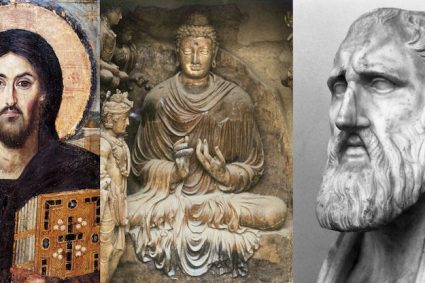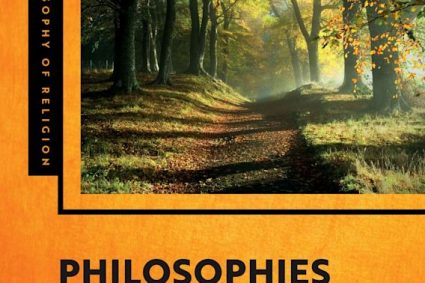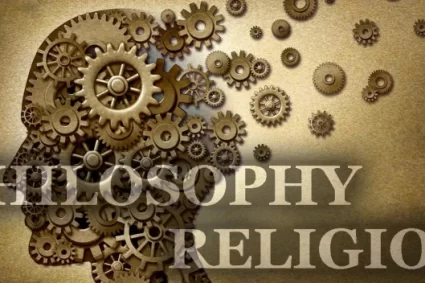
Postmodernism, a multifaceted intellectual movement that emerged in the mid-20th century, challenges the certainties and grand narratives of modernity. Characterized by skepticism toward metanarratives, a focus on cultural diversity, and an embrace of complexity, postmodernism has left an indelible mark on various disciplines, including philosophy, literature, art, and architecture.
Rejection of Grand Narratives:
- Critique of Modernity: Postmodernism rejects the grand narratives of progress, reason, and objective truth associated with modernity. Instead, it embraces a more fragmented and pluralistic understanding of reality.
- Skepticism Toward Metanarratives: Postmodernists question overarching metanarratives that claim to explain the entirety of human history, such as those related to ideology, religion, or science. This skepticism emphasizes the diversity of human experiences.
Cultural Relativism and Diversity:
- Cultural Relativism: Postmodernism emphasizes cultural relativism, asserting that no single culture or worldview holds absolute authority. All perspectives are seen as context-dependent and subject to interpretation.
- Hybridity and Globalization: The movement explores the blending of cultures, identities, and traditions in an increasingly interconnected world. Postmodernists recognize the fluidity and complexity of cultural boundaries.
Language and Deconstruction:
- Jacques Derrida: Derrida’s concept of deconstruction challenges the stability of language and texts. He argues that meaning is fluid and constantly shifting, and there are no fixed or universal interpretations.
- Language as a Construct: Postmodernists contend that language constructs reality rather than merely reflecting it. The ambiguity and polysemy of language are central to the postmodern understanding of communication.
Artistic Expression:
- Postmodern Architecture: Architectural movements like deconstructivism reject traditional notions of form and function, instead embracing fragmentation and the play of diverse elements. Buildings often challenge conventional aesthetics.
- Literary Postmodernism: Writers like Italo Calvino, Salman Rushdie, and Thomas Pynchon experiment with narrative structures, intertextuality, and metafiction, blurring the lines between fiction and reality.
Consumer Culture and Hyperreality:
- Jean Baudrillard: Baudrillard’s concept of hyperreality suggests that in contemporary society, simulations and representations become more real than the reality they imitate. This is particularly evident in the realms of media and consumer culture.
Technology and the Digital Age:
- Technological Impact: Postmodernism engages with the transformative effects of technology, especially the rise of the internet and digital media. The ability to manipulate and disseminate information challenges traditional notions of authority.
- Digital Culture and Simulation: The proliferation of digital media blurs the boundaries between reality and simulation, as seen in virtual reality, social media, and online communities.
Critiques of Postmodernism:
- Loss of Objective Truth: Critics argue that postmodernism’s rejection of objective truth can lead to relativism and the dismissal of shared realities, undermining the pursuit of knowledge.
- Fragmentation and Disunity: Some critics contend that postmodernism’s emphasis on diversity and multiplicity may contribute to social fragmentation and a lack of shared values.
Legacy and Contemporary Influence:
- Continued Impact: Postmodern ideas continue to influence academic disciplines, artistic expressions, and cultural critique. Contemporary discussions on identity, power, and representation often draw from postmodern perspectives.
- Intersectionality: The postmodern emphasis on multiplicity and cultural diversity has contributed to the development of intersectional analyses, acknowledging the interconnectedness of various social identities and systems of oppression.
Conclusion: Navigating a Complex Tapestry:
Postmodernism, with its rejection of grand narratives and embrace of cultural diversity, has transformed the way we perceive and interpret the world. As we navigate the complexities of contemporary thought, postmodernism invites us to critically examine the fluid nature of truth, language, and culture, recognizing that our understanding is shaped by a mosaic of perspectives and experiences.






